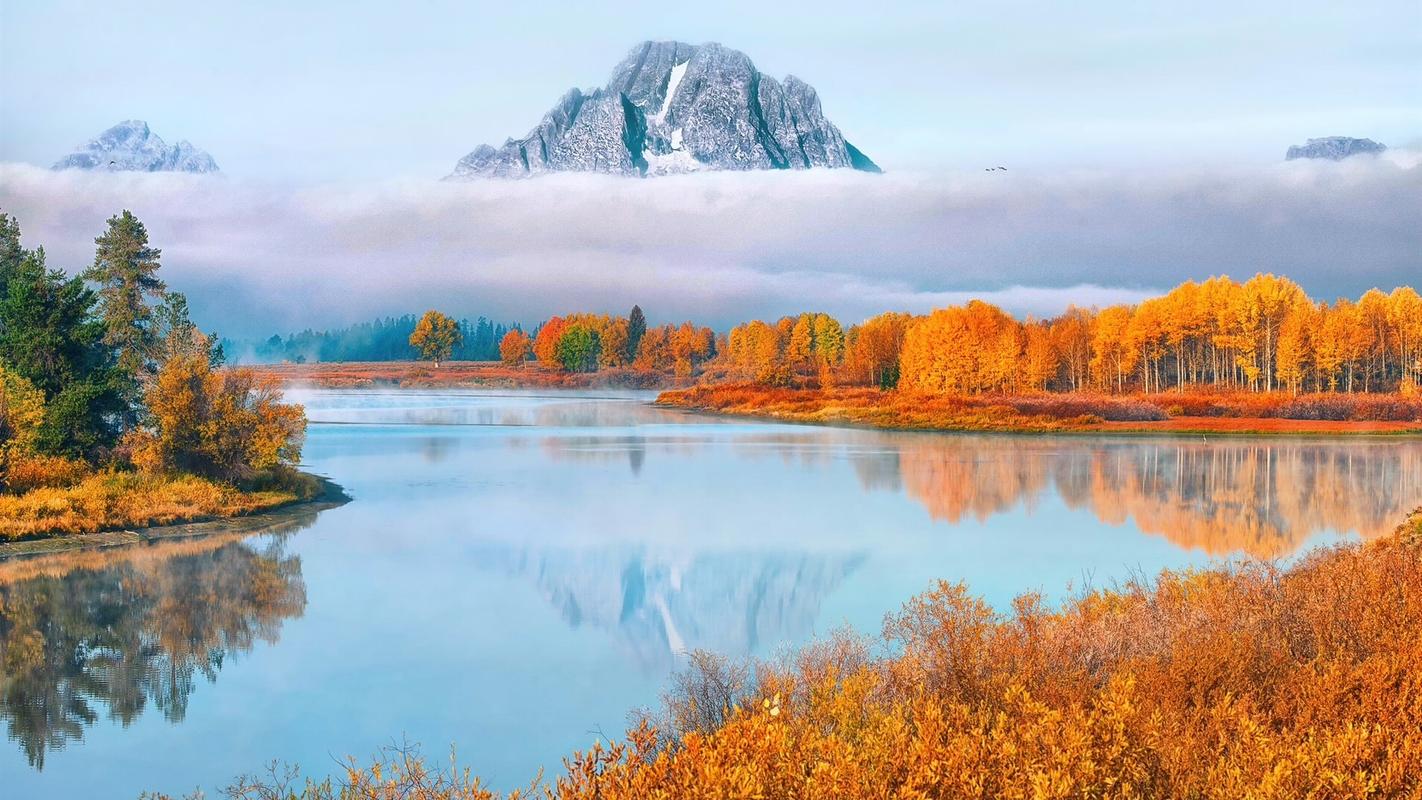With a rich history and diverse cultures across the globe, traditional practices and customs are abundant in every corner of the world. Exploring cultural traditions not only provides insights into the shared humanity but also promotes a deeper understanding of people and their ways of life. From practices based on religion to those rooted in history, here’s a closer look at examples of cultural traditions from around the world.
1. The Chinese New Year
China’s New Year festivities are among the world’s most renowned cultural traditions. The holiday is celebrated for 15 days in total, starting on the first day of the lunar calendar. The festivities include dragon and lion dances, cultural performances, and fireworks displays. The highlight of the New Year’s celebration is the Family Reunion Dinner, where families come together to enjoy a lavish meal and spend time together.
2. The La Tomatina Festival
La Tomatina, the yearly tomato-throwing festival, is a peculiar tradition in Buñol, Spain. On the last Wednesday of August, participants gather in the small town to pelt each other with ripe tomatoes. The culinary tradition began in 1945 and has since grown into a massive event, drawing around 40,000 participants annually.
3. The Samoan ‘Ava Ceremony
The Samoan ‘Ava Ceremony is a customary practice performed in Samoa, in which an infusion made from the root of the ‘Ava plant is served as a welcoming drink to guests. The sacred ceremony is thought to ward off evil spirits and is a symbol of respect for one’s guests.
4. Japanese Tea Ceremony
The Japanese Tea Ceremony is a traditional activity that involves the ceremonial preparation and serving of tea. The practice takes on many different forms, each with its unique aesthetic and philosophy. The ceremony embodies the principles of harmony, respect, purity and tranquility and is a chance for guests to disconnect from the world and meditate.
5. The Indian Festival of Diwali
Diwali is the most well-known religious holiday in India, and it is a celebration of light and hope. The festival lasts for five days, during which time families come together and exchange gifts, light candles and earthen lamps, enjoy fireworks, and feast on sweets and savories. The occasion symbolizes positivity, spirituality, and hope for a better future.
Conclusion
Exploring cultural traditions guarantees a rich world of discovery. Along with widening cultural knowledge, it is an excellent way to appreciate the differences among fellow humans worldwide and break down barriers. The world is a melting pot of culture, and each civilization’s traditions are always fascinating and worthy of exploration.
(Note: Do you have knowledge or insights to share? Unlock new opportunities and expand your reach by joining our authors team. Click Registration to join us and share your expertise with our readers.)
Speech tips:
Please note that any statements involving politics will not be approved.
